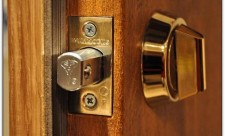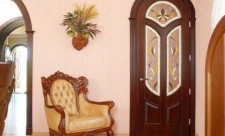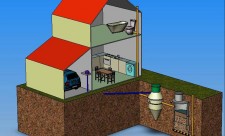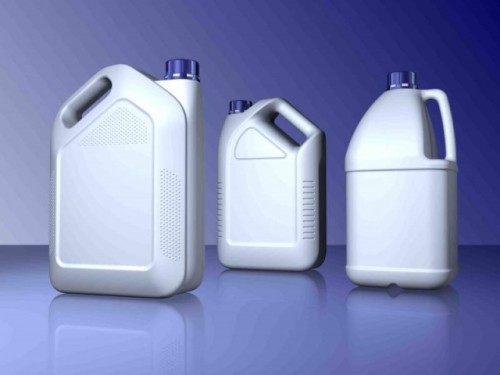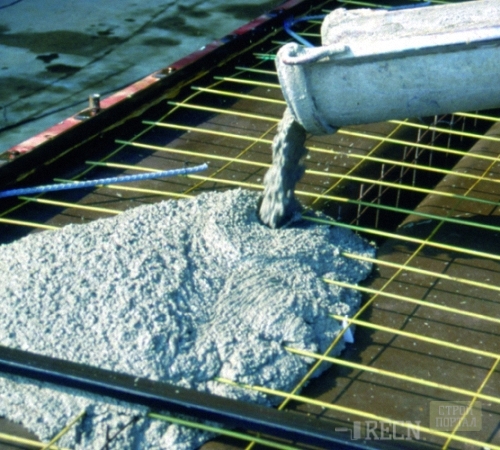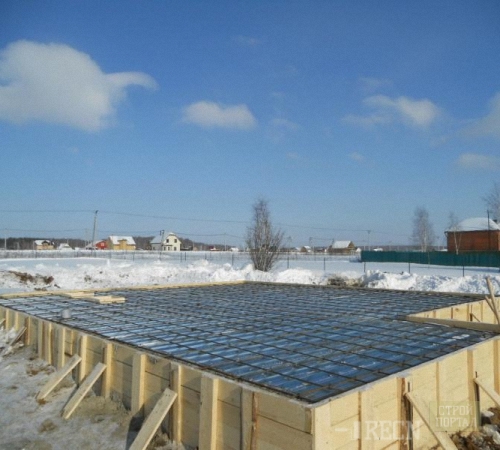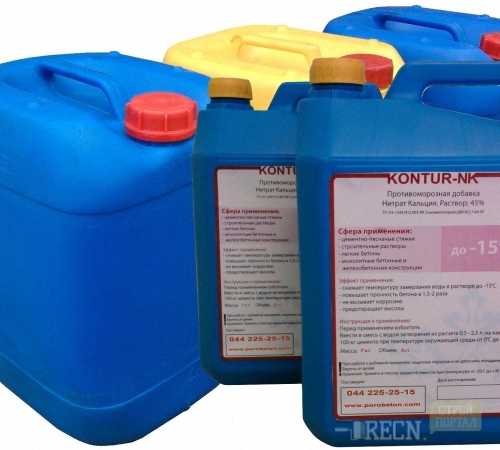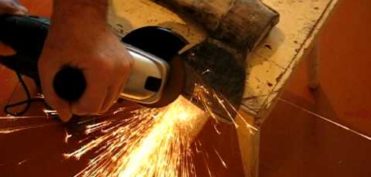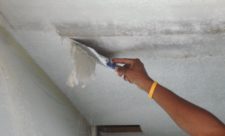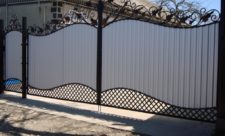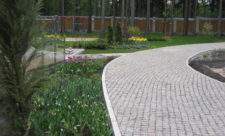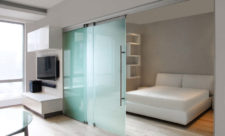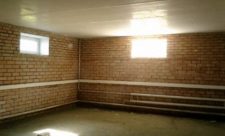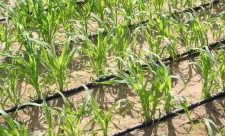
The effectiveness of antiorrosal additives Building materials
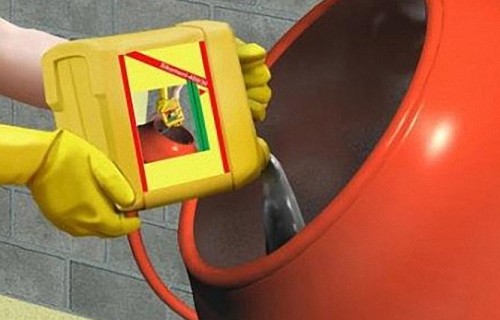
Construction in the winter has its advantages: first, the cost of work becomes lower; Secondly, the soil hardens, and heavy construction vehicles can easily drive it. But there is one significant problem: at low temperatures, the solidification of concrete takes place slower due to the freezing of water contained in it. This very badly affects its strength characteristics: it breaks down, becomes less frost. Contamination additives in concrete helps to solve this problem.
Content
Types of antiorrosal additives
All existing antiorrosal additives are divided into four types:
-
additives, weakly accelerating the process of setting (electrolytes, non-electrolytes, supplements that have organic origin);
-
additives that strongly accelerating the process of setting, having brightly pronounced antifrase properties (additives based on calcium chloride);
-
additives that reduce water freezing (Potash, sodium nitrite);
-
supplements that strongly accelerating the gripping process with large heat release immediately after fill with weakly pronounced antifreeze properties (trivalent aluminum and iron-based sulfates).
How does anti-corrosive additive acts, its advantages
Concrete ceases to fit in the cold, because the water that is contained in it freezes and expands, while disturbing its connection with the aggregate.
Antiorrosal additives are used to conserve water in liquid form during the cold season, while other methods, for example, the heating of concrete, cannot be applied during the large-scale construction site.
"Winter" additives lead to the norm of solidification of concrete, reducing the water freezing temperature. They have the following undeniable advantages, giving builders the opportunity to use concrete in winter time:
-
reduce the temperature of the freezing of water in concrete, making more time during which it is grasped;
-
increase the moving properties of concrete, which makes it much easier to form the formation of parts of the built-in design;
-
contain in its composition a substance that protect reinforcement from corrosion;
-
help to speed up a set of concrete strength and increase its water-repellent properties.
The effectiveness of the use of antiorrosal additives and ways to increase it
The use of antiorrosal additives allows you to get the following effect:
-
concrete seal;
-
prevention of the emergence of "hears" on its surface;
-
accelerating the set of concrete strength, which makes it possible to remove the formwork after 18 hours after the fill;
-
an increase in the strength of the design was almost twice;
-
can be significantly saved on cement, because When using antiorrosal additives, it can be lower class, and hence cheaper;
-
structural elements can be made less thickness without loss of strength properties;
-
concrete structures, for the construction of which antiforms were applied, do not need to be treated with waterproofing means.
Such a thing as an anti-massive additive for a solution is a very effective means, but to strengthen its action, some steps should be taken in parallel:
-
in order to create heat inside the concrete mix, you need to warm its components in advance;
-
at the end of the work on the layout of concrete, it is possible to insulate its surface with mats so that after cement reacts with water, the highlighted heat is preserved;
-
applying the heated components for the manufacture of concrete, load them into the mixing device, it is not necessary in the order in which this is done under normal conditions. In the warm season, all elements of the composition are placed in the water filled with water, and large elements of the filler are placed in the cold - first, the drum scrolls several times and only after that cement and sand are administered. This is done to avoid brewing;
-
you need to carry the prepared mixture in the machine with insulation. The place in which it will be unloaded must be protected from the wind;
-
on the formwork and the reinforcement there should be no snow nor icy crust. The reinforcement is better heated to the positive temperature;
-
all work should be carried out in a rapid pace.
Leading manufacturers of antiorrosal additives
You can buy antiorrosal additive in any building store, but before you do it, you need to familiarize yourself with the most famous manufacturers:
-
The company "Superplast". One of the most popular manufacturers in Russia additives for building mixtures. With their production, the latest technologies are used. Superplast specialists produce antiorious additives that reduce water freezing temperature devoid of disadvantages inherent in other manufacturers, namely: harmful effects on the reinforcement and the need for large dosages that need to be changed depending on the air temperature.
-
Company "Polyplast". The largest Russian holding, leader in the chemical supplement market for building mixtures. It produces many types of additives for concrete, among them the "cryoplastic" is an anti-massive additive of a new generation, additionally having plasticizer properties. Its use makes it possible to maintain at temperatures up to -25 ° C.
-
Company "OPTIMIST". One of the leading manufacturers of finishing materials. When using antiorrosal additives of this company, it is possible to reduce cement consumption by 10%. In addition, the mobility and frost resistance of the concrete increases, its strength characteristics increase by 14%.
-
Company "Sika". It occupies a leading position in the construction chemistry market in the 60s of the world. In the production of its products, focus on its environmental safety. In all other things, there is also contamination additives that increase the plasticity of concrete and the reburring reinforcement from the appearance of rust.
Today, on the market, both Russian and foreign firms offer a huge selection of antiorrosal additives. Their price depends on varieties, quality and manufacturer. Usually imported cost more. If the cost of additives produced in Russia ranges from 20 to 400 rubles per kilogram, then imported starts from 90 and ends with 500 rubles per kilogram.

